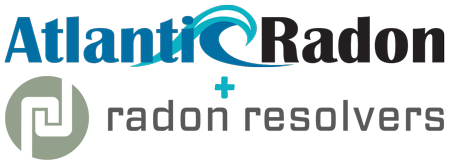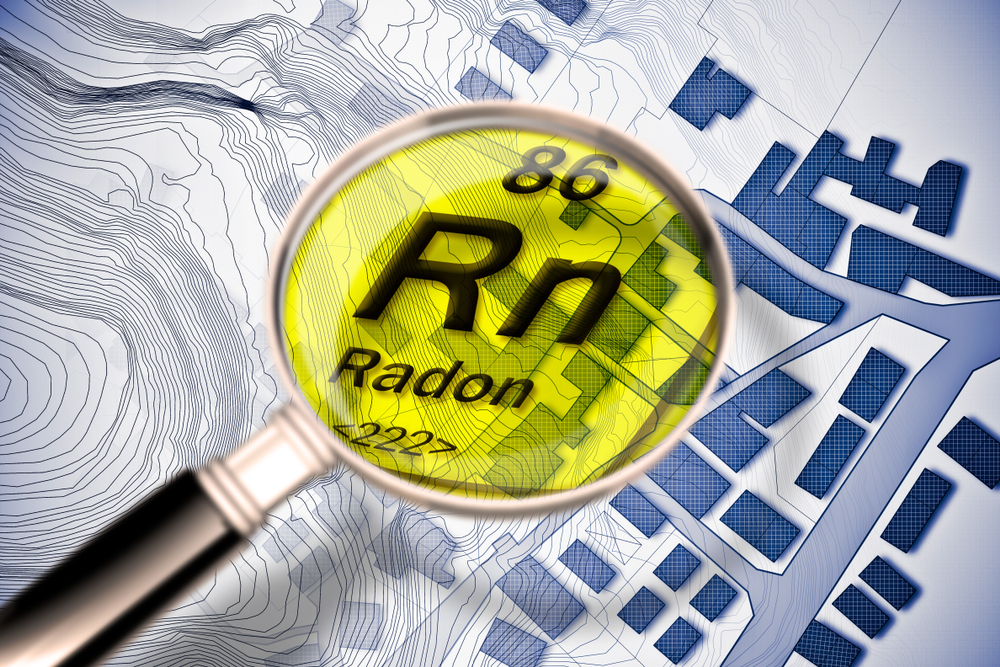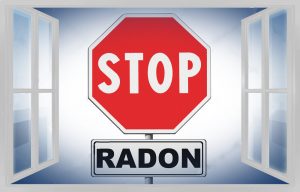As of July 1, 2023, Montgomery County, MD now requires radon testing for both multifamily (including condominiums) and single-family rental properties that are at or below grade. This mandate also includes the disclosure and mitigation of radon hazards above a specified action level (above 4 pCi/L). Landlords must provide a recent test result at the time of lease signing.
U.S. Environmental Protection Agency has identified Montgomery County is one of the eight counties in Maryland that has the highest potential indoor radon levels. It’s important to note that testing remains the only reliable method to determine significant radon exposure within a residence.
What Type of Rental Units Require Radon Testing?
This new regulation of Montgomery County Code (Section 29-35E) is applicable to ground-contact or basement units in residential rentals, encompassing single-family homes as well as multifamily dwelling units like condominiums.
Landlord’s Responsibility Prior to Leasing
The landlord bears the responsibility of conducting a radon test by a professional prior to leasing a unit to a prospective tenant, ensuring that the test has been performed within three years of the lease date.
The cost of testing is the landlord’s obligation.
For new leases or lease renewals, the landlord must provide the tenant with the following information and include it in the lease or an addendum:
- A copy of radon test results indicating that the concentration of radon is below the EPA’s recommended action level,
- Assurance that the test was conducted less than three years before the lease date,
- Accessibility to the EPA’s pamphlet via electronic link or in hard copy upon tenant request.
Landlord’s Responsibility To Existing Tenants
Tenant(s) have the right, at their expense, to conduct a radon test or hiring a licensed radon professional to do so. If a radon test conducted by the tenant or a professional indicates a radon hazard at a level of 4 pCi/L or higher, the tenant must notify the landlord in writing within 14 days and provide a copy of the test results.
The landlord is then required to conduct a follow-up test in accordance with EPA standards.
Within 90 days of a confirmed test, the landlord must take steps to reduce radon levels below the action level of 4 pCi/L and provide the tenant with a final copy of the third-party professional test results.
In the case of a positive reading exceeding 4 pCi/L, an existing tenant has the right to terminate the lease without any financial penalties or loss of security deposit if the landlord fails to mitigate the issue (in accordance with Chapter 29-35f). To terminate and vacate the premises, the tenant must provide written notice to the landlord. The notice can become effective immediately upon receipt by the landlord or as mutually agreed upon by both parties to allow the tenant to find alternative housing.
Frequently Asked Questions
When do landlords have to do radon testing?
Starting July 2023, landlords are required to test new leases and lease renewals by providing a professional radon test result conducted within three years of lease signing. Existing tenants with month-to-month leases or existing leases have the option to test the unit and inform the landlord in writing within 14 days if the radon test results exceed 4 pCi/L. Upon receiving the notice, the landlord must hire a licensed radon professional to confirm the results within 14 days. If confirmed, the landlord has 90 days to perform radon mitigation on the premises and reduce radon levels below 4 pCi/L.
Can we just order the test kit and do it on our own?
An existing tenant has the option to either conduct their own radon test or hire a licensed radon professional specialized in radon detection.
Landlords, on the other hand, are mandate to hire a licensed radon professional to carry out the radon test.
Can the landlord conduct the test using a radon test kit or is it required to be performed by a licensed radon company?
A landlord is required to furnish test results conducted by a licensed radon professional, adhering to the EPA-recommended radon testing standard.
If the tenant requests a test, who is responsible for the associated expense?
Does a house with a pre-existing radon mitigation system still require testing for radon prior to being rented?
What should be done if the test results of a unit already equipped with a mitigation system are at or above 4 pCi/L?
A landlord must engage the services of a licensed radon professional to address any issues with the existing mitigation system and ensure that radon levels are brought down below 4 pCi/L.
How can a disagreement over test results between a tenant and landlord be resolved?
If a disagreement arises over test results between a tenant and landlord, professional radon test results supersede non-professional test results, and long-term professional tests supersede short-term professional tests.




